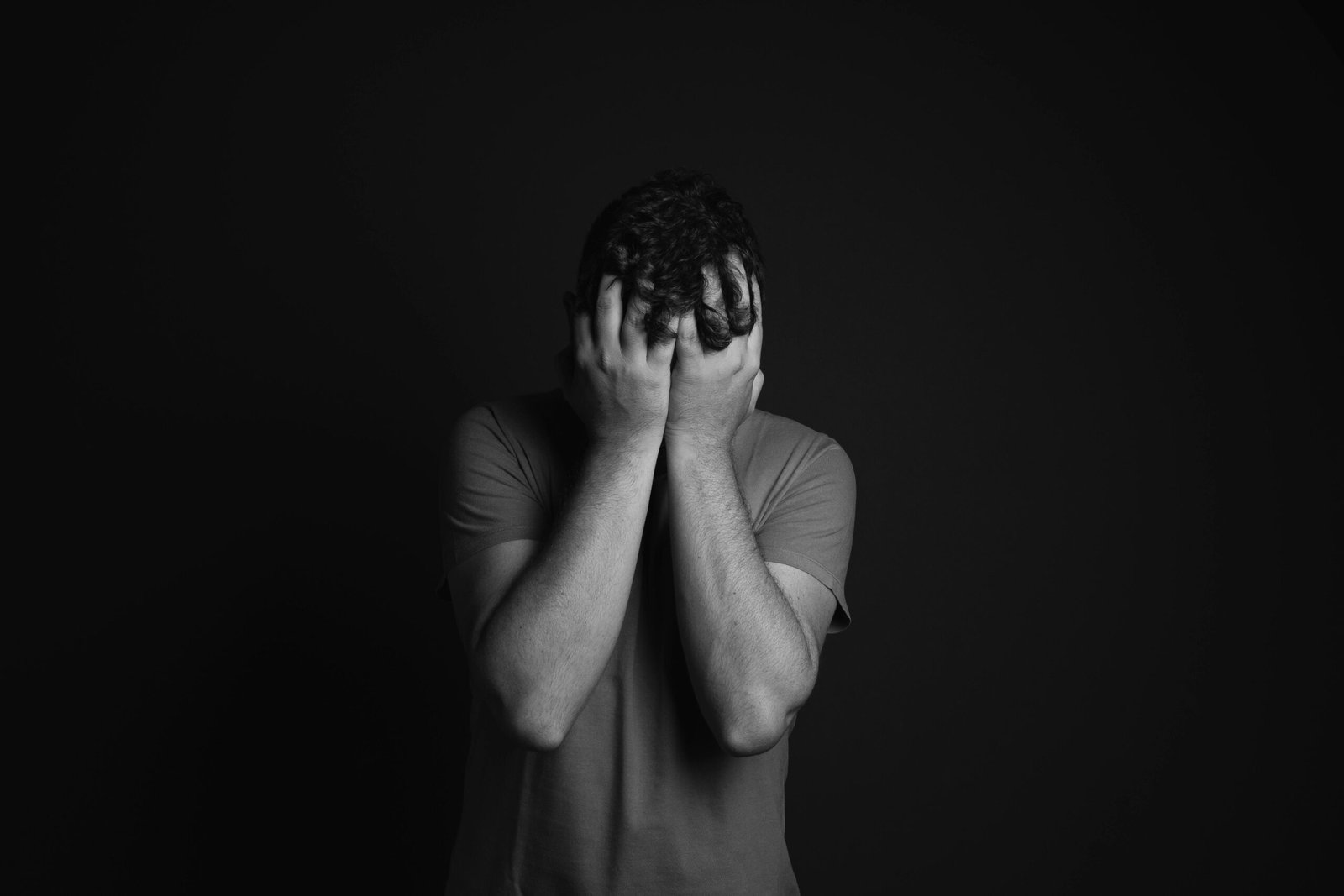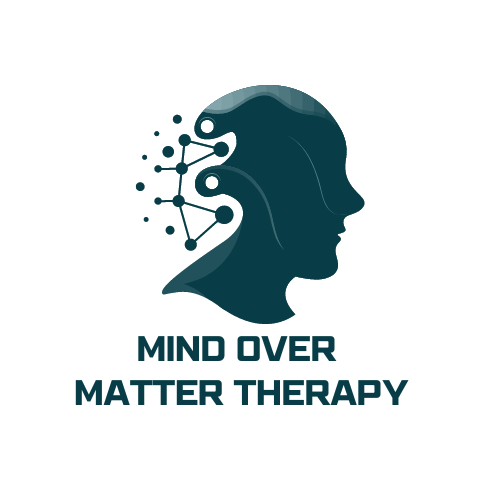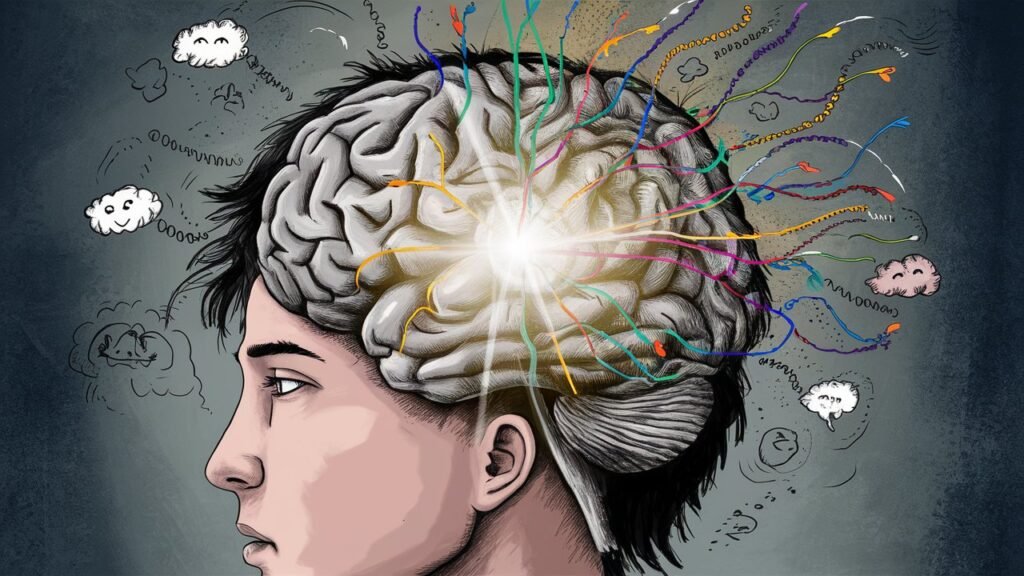Depression

Anxiety
Understanding Depression and the Role of Dialectical Behavioral Therapy
Depression is a profound and often debilitating condition that can make life feel like a relentless and unending struggle. It affects every aspect of a person’s life, from emotional well-being to daily functioning, and can leave individuals feeling trapped in a cycle of negativity and despair. However, Dialectical Behavioral Therapy (DBT) offers a structured approach to breaking this cycle, helping individuals manage their symptoms more effectively, and fostering a renewed sense of balance and hope.
The Nature of Depression
Depression is more than just feeling sad or experiencing occasional low moods. It is a serious mental health disorder characterized by persistent feelings of sadness, hopelessness, and a lack of interest or pleasure in activities once enjoyed. Depression can also lead to physical symptoms such as changes in sleep patterns, appetite fluctuations, fatigue, and difficulty concentrating. The impact of depression can be profound, affecting personal relationships, work performance, and overall quality of life.
The experience of depression often involves a vicious cycle where negative thoughts and feelings reinforce each other, making it difficult to break free from the emotional and cognitive patterns that contribute to the disorder. This cycle can include triggers or stressors that exacerbate symptoms, responses that maintain or worsen the condition, and avoidance behaviors that prevent effective coping and recovery.
Introduction to Dialectical Behavioral Therapy (DBT)
Dialectical Behavioral Therapy (DBT) is a type of cognitive-behavioral therapy developed by Dr. Marsha Linehan to help individuals with Borderline Personality Disorder (BPD) and other mood disorders, including depression. DBT is based on the concept of dialectics, which involves balancing opposites and integrating seemingly contradictory ideas. In the context of therapy, this means accepting and validating one’s experiences while simultaneously working towards change and improvement.
DBT is designed to address the complex interplay between emotions, thoughts, and behaviors. It focuses on helping individuals understand and manage their emotional responses, develop effective coping strategies, and build a life worth living. The therapy is structured around four core components: mindfulness, distress tolerance, emotion regulation, and interpersonal effectiveness.
- Mindfulness
- Distress Tolerance
- Emotion Regulation
- Interpersonal Effectiveness
Frequently Asked Questions
Depression is a mental health disorder characterized by persistent feelings of sadness, hopelessness, and a lack of interest or pleasure in activities. It can also cause physical symptoms such as changes in sleep and appetite, fatigue, and difficulty concentrating. Depression affects daily functioning and overall quality of life, and it can manifest in different forms, including Major Depressive Disorder, Persistent Depressive Disorder (Dysthymia), and others.
Dialectical Behavioral Therapy (DBT) is a type of cognitive-behavioral therapy developed by Dr. Marsha Linehan. It is designed to help individuals manage intense emotions and improve their ability to cope with stress. DBT integrates cognitive and behavioral techniques with mindfulness practices and focuses on four core areas: mindfulness, distress tolerance, emotion regulation, and interpersonal effectiveness.
The effectiveness of DBT varies depending on individual circumstances. Some people may experience improvements within a few weeks, while others may need several months or longer to see significant changes. The duration of therapy depends on the severity of symptoms, the individual's commitment to the process, and the specific goals of therapy.
DBT is particularly effective for individuals with complex emotional difficulties, including those with Borderline Personality Disorder (BPD) and chronic depression. However, it may not be suitable for everyone. It is important to consult with a mental health professional to determine if DBT is the right approach for you, based on your specific needs and treatment goals.
DBT is generally considered safe and does not have physical side effects. However, the process of exploring and addressing intense emotions can sometimes be challenging and may bring up difficult feelings. A trained DBT therapist will support you through these experiences and help you manage any emotional discomfort.
Book Consultation
- (954) 707 1820
- info@empowermindfulness.com
- Telehealth for residents of Florida, Mississippi, Minnesota, and Wisconsin


